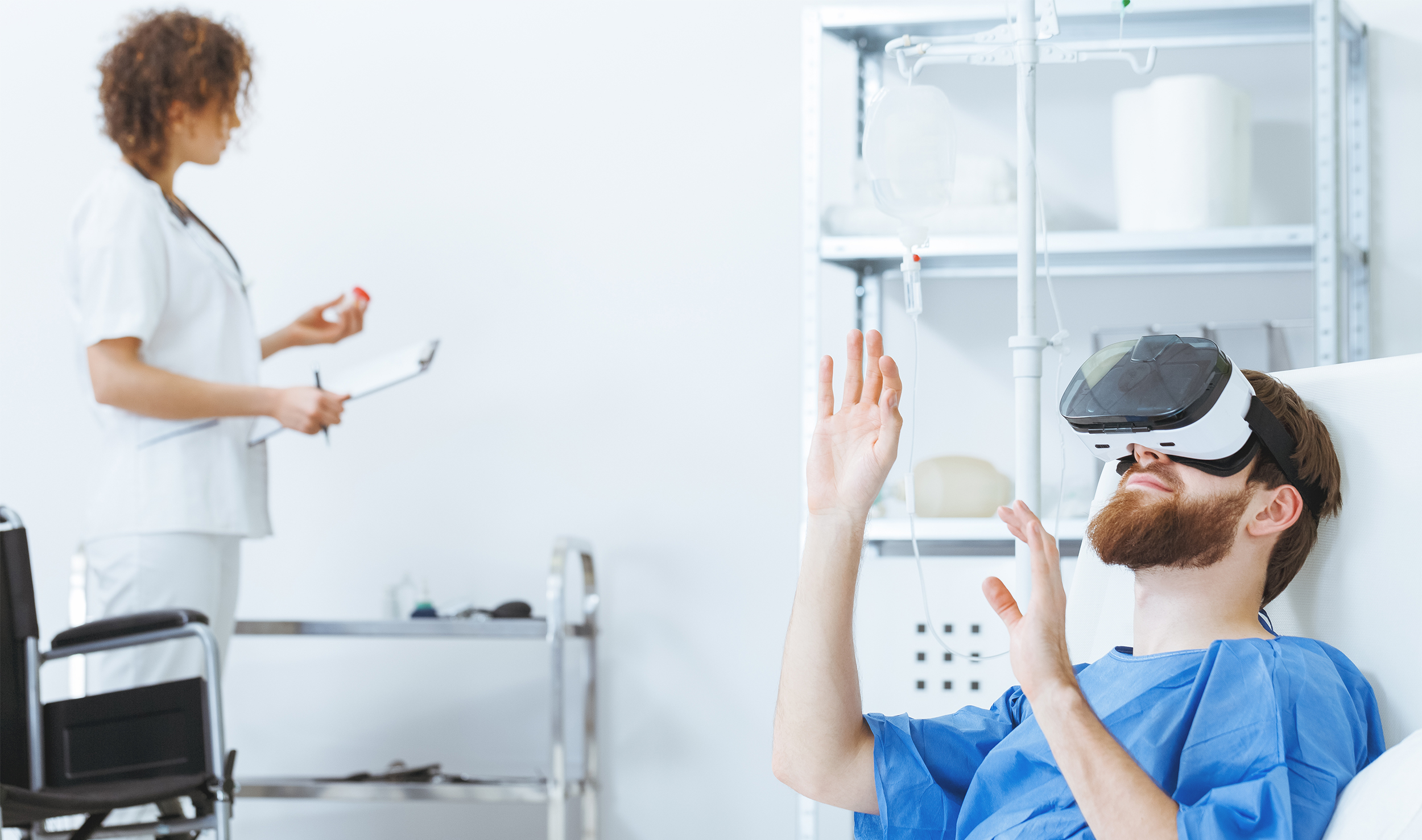Virtual reality (VR) is revolutionizing various industries, and the medical field is no exception. In recent years, VR has been increasingly integrated into medical rehabilitation, offering patients more immersive, interactive, and personalized recovery experiences. This innovative approach is reshaping how we think about physical therapy, cognitive rehabilitation, and psychological treatment.

One of the most notable advantages of virtual reality in rehabilitation is its ability to simulate real-world environments. Patients can practice daily activities in a controlled and safe environment, allowing them to gradually regain their mobility, strength, and confidence. For example, stroke survivors can relearn how to walk by navigating virtual environments designed to mimic everyday situations.
The Role of Immersive Technology in Physical Therapy
Physical therapy has traditionally relied on repetitive exercises and manual manipulation to restore function to injured or impaired body parts. With VR, patients can engage in gamified experiences that not only make therapy more enjoyable but also more effective. By immersing patients in virtual environments, therapists can track movements, monitor progress, and adjust treatment plans in real-time.

For instance, VR can be used to create a virtual gym where patients perform exercises under the guidance of a virtual trainer. These exercises are tailored to individual needs, making rehabilitation sessions more personalized. Additionally, VR provides instant feedback, helping patients correct their posture and movements on the spot, leading to faster recovery times.
Cognitive Rehabilitation and VR
Virtual reality is not limited to physical rehabilitation; it also plays a crucial role in cognitive rehabilitation. Individuals recovering from brain injuries, such as traumatic brain injury (TBI) or stroke, often face challenges with memory, attention, and problem-solving skills. VR offers a unique platform where patients can practice cognitive tasks in a realistic, yet controlled, setting.
Psychological Benefits of VR in Rehabilitation
The psychological impact of VR-based rehabilitation should not be underestimated. Engaging with virtual environments can reduce anxiety and stress, especially in patients who are reluctant to participate in traditional therapy. Moreover, VR can provide patients with a sense of accomplishment, boosting their confidence as they see tangible progress in their recovery journey.
